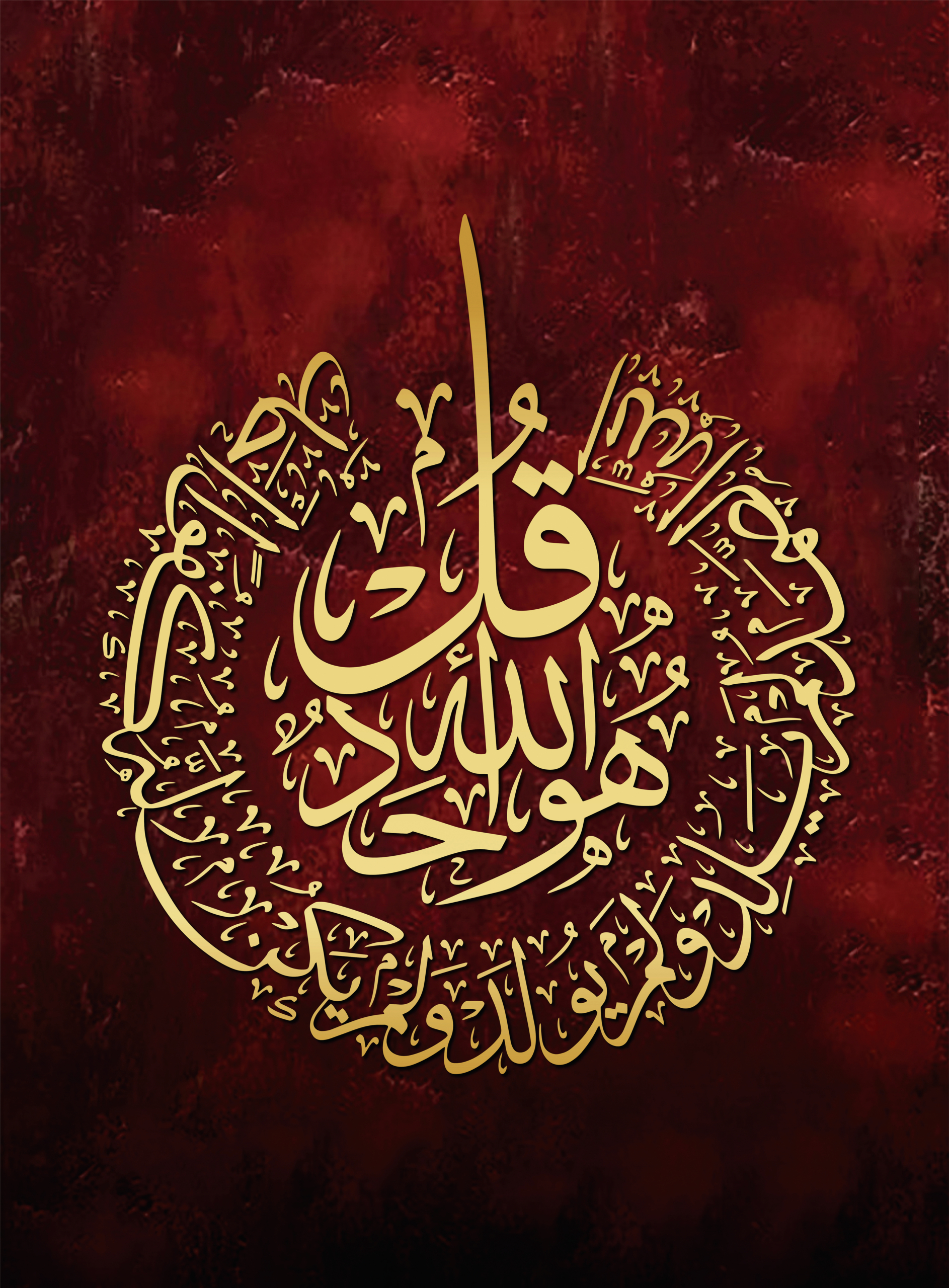What is the Point of Doing Good Deeds?
Answered by Shaykh Abdullah Anik Misra
Question
I understand good deeds are important and that our deeds are being recorded. However, if a person comes on Judgement day with no sins at all, he will only enter Jannah through Allah’s mercy. If we are only entering Jannah through Allah’s mercy, what is the point of doing good deeds? Why do good deeds with the intention of attaining Jannah when it’s not those deeds taking us to Jannah but Allah’s mercy?
Answer
In the Name of Allah, Most Merciful and Compassionate
It is true that we only enter Paradise through Allah’s divine mercy, not through the merit of our deeds alone. However, we also know that Allah will take us to account for our deeds, and our good deeds determine whether we go directly to Paradise, as well as our level therein. [Quran 16:32]
Good Deeds Play a Role in Determining Our Future
There is no guarantee that the entry of a believer into Paradise will be direct. Our deeds will be weighed on the scale of divine justice. If one’s bad deeds tip those scales, they may be sent to the Hellfire first for some time as a recompense before entering Paradise. We would not wish anyone to spend a moment in the Hellfire.
Our deeds are therefore of the utmost importance because they have a role in determining our future. Since none of us can claim to be sinless, it behooves us to prepare for the Reckoning with as many good deeds as possible to make up for our faults and misdeeds. Allah says, “Indeed, beautiful actions do away with evil actions.” [Quran 11:114]
Is It Enough to Avoid Bad Deeds Only?
We also know that some good deeds are fard obligations upon us, such as the daily prayer or caring for our children. The non-performance of those obligations is considered a bad deed also. So beyond avoiding the evil deeds, one must perform their obligations as well. [Hashiya ‘ala al-Maraqi, Tahtawi]
Our Works Do Not Enter Us Into Paradise But Determine Our Level In It
Finally, while our entry into Paradise is determined by divine mercy, our level in Paradise is determined by our good deeds. There is a big difference between someone who barely makes it in with no good deeds after spending time in punishment and someone who enters Jannat al-Firdaws (the best part of Paradise) directly with no account, enveloped in Allah’s good pleasure. This is like the difference between a convicted criminal who gets out of jail on a pardon and a decorated, upright citizen – with whom is Allah more pleased?
The Point of Good Deeds and Paradise is Closeness to Allah
Finally, the point of our good deeds is not the rewards or even Paradise itself. It is Allah’s love and good pleasure. We do good deeds because they bring us closer to Allah. After all, we love Allah, and He loved us first much more. He deserves our worship, and good deeds are how we express that.
Allah’s Wisdom in Creating Incentives and Deterrents
However, in His infinite wisdom, Allah knows that most people would not respond simply to the dictates of love and duty. From His mercy, then, He offers us a choice of many good deeds to do as a means to achieve that closeness and then gives rewards for doing them as an incentive – all for our good, out of His divine mercy.
In the end, what we choose to do in our lives of good or bad deeds determines how we perform in this test to realize the ultimate purpose for why we were created: to worship Allah. [Quran 51:56; 67:2]
Wassalam,
Shaykh Abdullah Anik Misra
Checked and Approved by Shaykh Faraz Rabbani
Shaykh Abdullah Misra was born in Toronto, Canada, in 1983. His family hails from India, and he was raised in the Hindu tradition. He embraced Islam in 2001 while at the University of Toronto, from where he completed a Bachelor of Business Administration. He then traveled overseas in 2005 to study the Arabic language and Islamic sciences in Tarim, Yemen, for some time, as well as Darul Uloom in Trinidad, West Indies. He spent 12 years in Amman, Jordan, where he focused on Islamic Law, Theology, Hadith Sciences, Prophetic Biography, and Islamic Spirituality while also working at the Qasid Arabic Institute as Director of Programs. He holds a BA in Islamic Studies (Alimiyya, Darul Uloom) and authorization in the six authentic books of Hadith and is currently pursuing specialized training in issuing Islamic legal verdicts (ifta’). He holds a certificate in Counselling and often works with new Muslims and those struggling with religious OCD. He is an instructor and researcher in Sacred Law and Theology with the SeekersGuidance The Global Islamic Seminary. Currently, He resides in the Greater Toronto Area with his wife and children. His personal interests include Indian history, comparative religion, English singing, and poetry.
